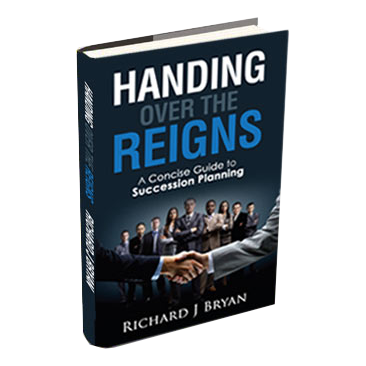In my travels as a leadership keynote speaker, I have in-depth conversations with high-profile leaders from all over the world. As I work with these men and women to foster stronger, more present leadership, one of the themes that recurs most often is the idea of “self-mastery”: understanding the basic truths that define you, both personally and professionally. This process should be a critical first step in everyone’s leadership journey, and I’ve found that personality tests can dramatically streamline the process of self-discovery.
But with so many tests available—and options ranging from five-minute online surveys to five-month intensive trainings—how do you know which one is best? This process is very personal and therefore quite subjective, so I’ll discuss a few of my favorite leadership personality tests and let you find your ideal match.
But here’s the good news: whichever personality test you choose, the most important thing I’ve found is to simply find one and stick with it. This will enable you to not only use it as a tool to develop your own skills, but also to gain insight into your employees and the other members of your leadership team.
A Leadership Keynote Speaker’s Top 3 Leadership Personality Tests
As an international leadership keynote speaker and somebody who’s been in top leadership roles for decades, I have had firsthand experience with many different leadership personality tests. Here are my top three, with quick explanations of their strengths and the situations in which I believe they’re most useful.
DISCⓇ ⓇⓇ Ⓡ Profile: With roots in Jungian psychology and applications in just about every facet of personal and professional life, the DISC Profile has been around since 1928—and continues to be one of the most widely used tests. DISC assesses four primary behavior types: Dominance, Influence, Steadiness and Compliance.
I used DISC extensively in my car dealership business because it was easy to use, cost effective and a great coaching tool. Every member of our staff, myself included, had a DISC profile. This helped our leadership make sure that we had the right people in the right jobs, and then help those people develop and get promoted through the business over time—thus creating a powerful culture of promotion from within.
Emergenetics: Based on psychometric and neurological research, Emergenetics measures four thinking preferences (Analytical, Structural, Social and Conceptual) as well as three behavior preferences (Expressiveness, Assertiveness and Flexibility). By revealing your thinking and behavioral patterns, Emergenetics can unveil which kinds of interactions and activities are effortless for you, and which come at great energy cost.
Both in my own experience and talking to my leadership keynote speaker audience members, I have found that Emergenetics can be especially insightful in the development of management-level employees. The company’s Emergenetics+ App also gives you handy access to everyone’s profile anytime, anywhere.
Maxwell Leadership Assessment: While self-assessment should always be the foundation of any leadership personality test, a new wrinkle offered by the Maxwell Leadership Assessment is external feedback. This comprehensive tool not only provides measurement with regard to 64 distinct leadership attributes—it also allows an unlimited number of “raters” to provide anonymous and unedited written feedback. This will help you understand strengths and growth areas by audience as well as by task and behavior.
Real-World Example: What You’ll Learn from Leadership Personality Tests
On one occasion, we had a sales executive called Mark. He was a very nice guy with terrific product knowledge and great customer service skills. The only problem: Mark had an extremely difficult time asking for the business, and therefore didn’t sell as much as he should have for someone of his ability. Eventually, his sales performance fell to a level where we should have fired him. It was frustrating for all concerned.
But instead of firing Mark, we reviewed his DISC profile—and realized that he was better suited to a different role! With his agreement, we moved him from a direct selling role to more of a customer service role as a service receptionist. He excelled in this new role, as it played to his strengths; customers benefited from his product knowledge and friendly demeanor, while he didn’t have to sell anything. Without the benefit of his personality profile we would probably not have been able to salvage this valuable employee.
When I am speaking to business owners and CEOs in my capacity as a leadership keynote speaker, I often tell them that these tools are so easy-to-use and accurate that it is negligent not to use them. Still not sure how profoundly a leadership personality test can impact your business? Start by taking one yourself—then use your newfound knowledge to foster growth in your leadership team and ultimately, all your employees.
Related Topics:
How Trust Can Make (or Break) Your Career
How Disagreement Can Help Your Team Thrive
3 Tips for Becoming an Abundance Mentality Leader


